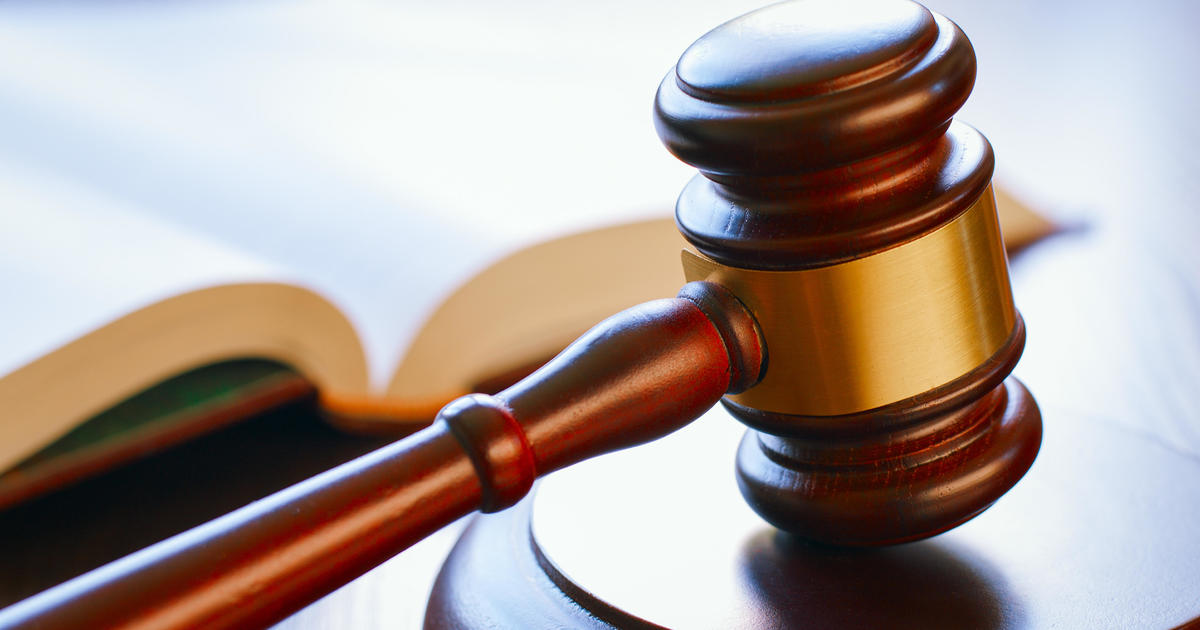Md. Court: Sex Offender Doesn't Have To Register
ANNAPOLIS, Md. (AP)--A ruling Monday from Maryland's highest court calls into question a state law that requires some people to register as sex offenders for crimes committed decades ago.
The ruling means at least one man will have his name removed from the sex offender database, but other offenders may also be able to challenge their inclusion.
Maryland first created a sex offender registry in 1995, and more than 8,300 people are now in the database. Lawmakers strengthened sex offender laws in 2009 and 2010, and one of the changes made required registration for some people who committed crimes before the database's creation.
On Monday, the Maryland Court of Appeals ruled in favor of a man who as a junior high school teacher in the early 1980s had inappropriate contact with a 13-year-old student. The man pleaded guilty to abuse in 2006 after a former student came forward, and he went to prison for about two years.
As a result of provisions that went into effect in 2009 and 2010, the man was required to register as a sex offender. That's because while he committed his crime before the registry existed, he pleaded guilty after it was in place. He was also required to re-register every three months for the rest of his life.
A majority of the seven judges sitting on the court ruled that the man should not be required to register, but they disagreed as to why.
Three judges said in a 41-page ruling that requiring the man to register violates the Maryland Constitution. The Constitution prohibits "ex post facto" laws, which retroactively dole out punishments that weren't in place at the time an act was committed.
Two more judges agreed the man should not have to register but rested the decision both on the Maryland and U.S. Constitutions. One more judge said the man shouldn't be required to register because it wasn't part of his plea agreement. A final judge would have upheld a lower court ruling requiring the man to register.
One of the man's attorneys, Pat Cresta-Savage, said the ruling was "definitely a victory" for her client, but how it will affect others "remains to be seen." She said it seems individuals will have to challenge their inclusion on a case-by-case basis.
David Paulson, a spokesman for the Maryland attorney general, said the office is reviewing the ruling. The office could decide not to challenge the ruling, to ask the court to reconsider or to appeal the ruling to the U.S. Supreme Court.
(Copyright 2013 by The Associated Press. All Rights Reserved.)



